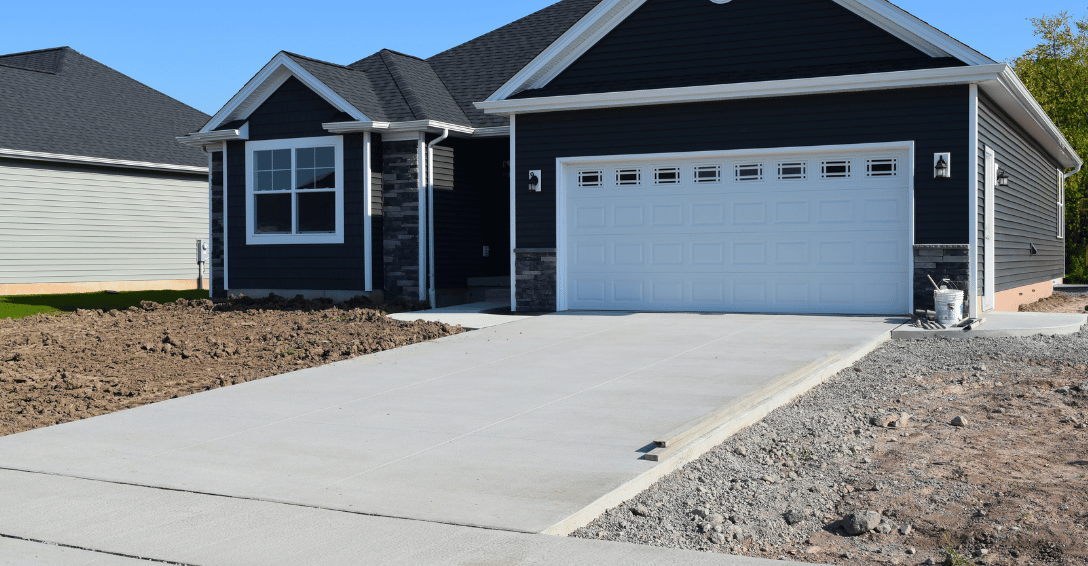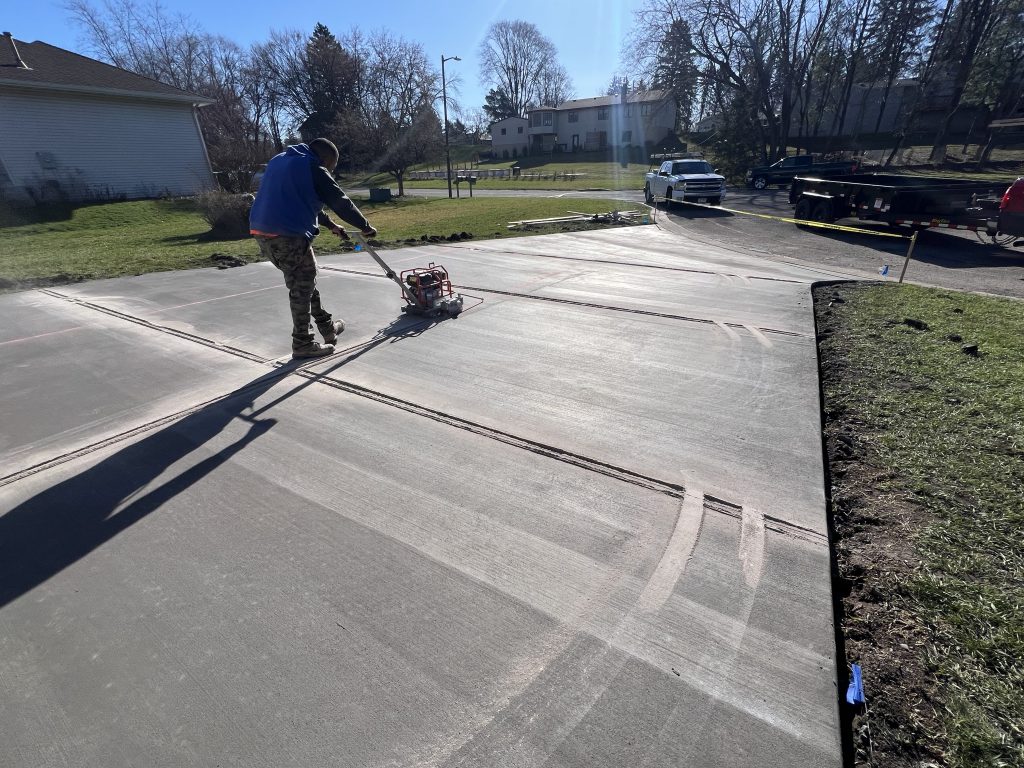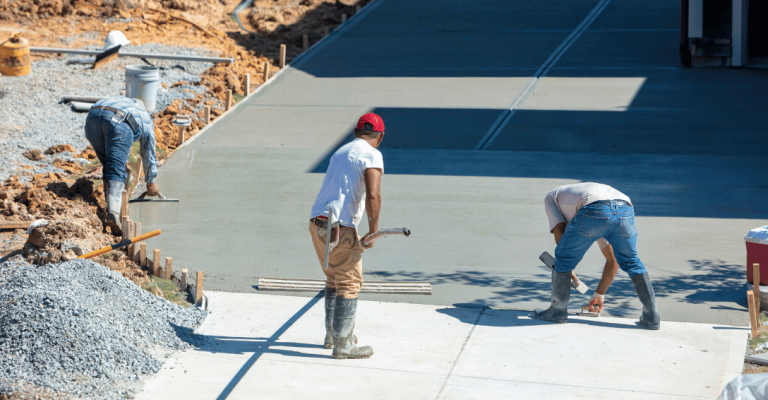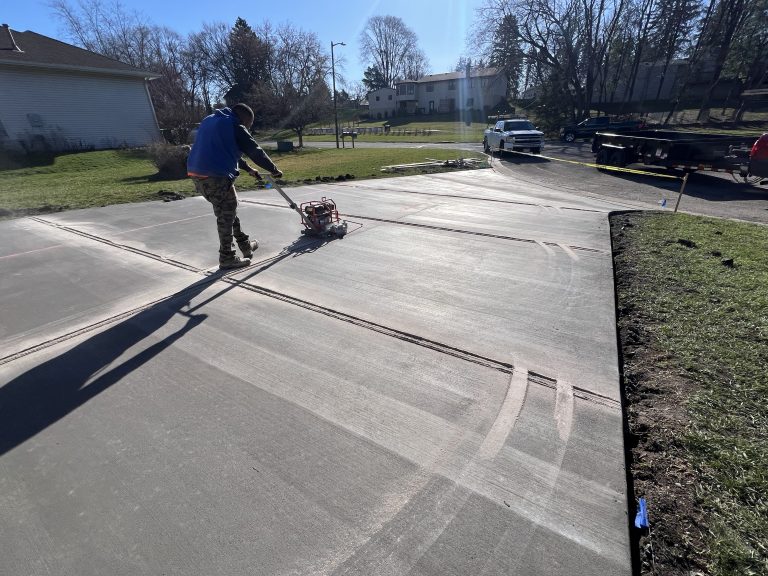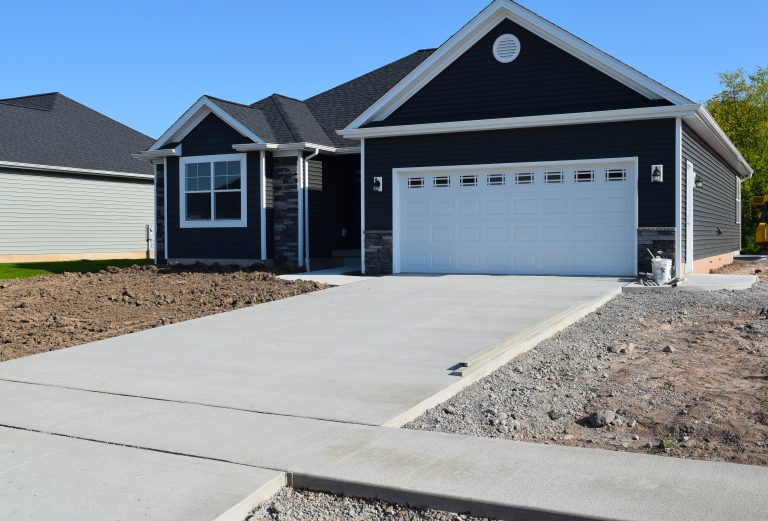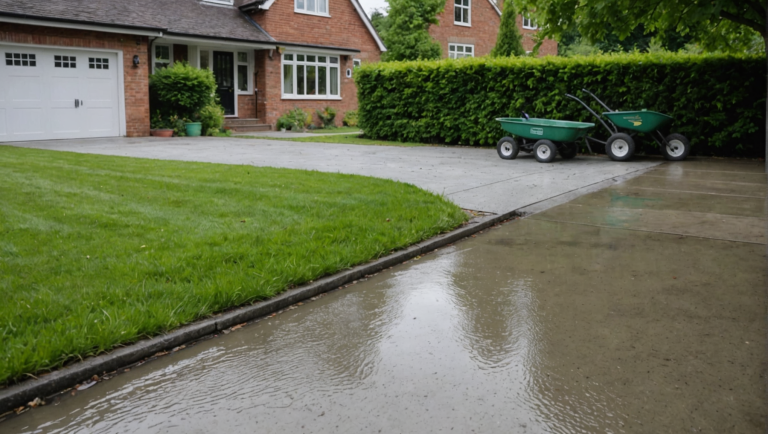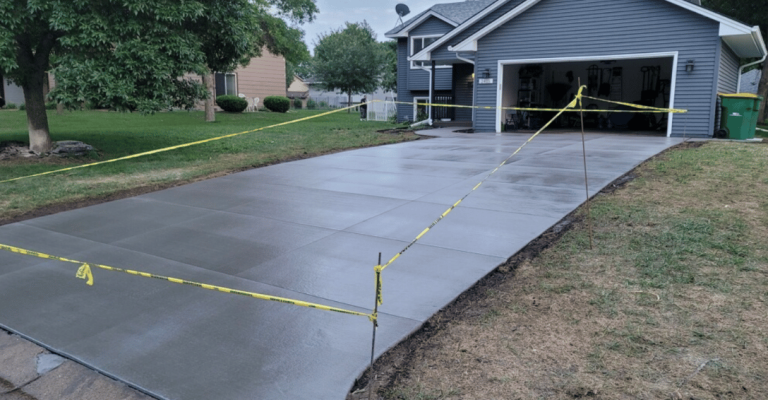Concrete Driveways Vs Asphalt: Unveiling the Superior Benefits
When it comes to choosing between concrete and asphalt for driveways, the decision often boils down to individual requirements and preferences. While concrete driveways are renowned for their durability and longevity, they require meticulous maintenance. Conversely, asphalt driveways may be more cost-effective and easier to repair, offering flexibility in extreme weather conditions. These unique characteristics induce a compelling discussion, begging the question: between concrete and asphalt, which provides superior benefits? A comparative analysis of these materials will help shed light on this intriguing subject.
Understanding Concrete and Asphalt
Diving into the world of road surfacing materials, it becomes essential to grasp a clear understanding of the two predominant contenders: concrete and asphalt, each having its own unique composition, method of installation, and performance characteristics.
Concrete is a composite material, formed from a mixture of cement, aggregate, and water. It is typically laid in a liquid state, and then allowed to harden into a solid mass that is both strong and durable. The method of installation involves several stages, including site preparation, formwork installation, concrete pouring, and finishing.
On the other hand, asphalt, also known as bitumen, is a sticky, black, and highly viscous liquid or semi-solid form of petroleum. It is used for road construction because it is easy to produce, reusable, non-toxic, and a strong binder. Asphalt paving involves heating the asphalt to high temperatures, pouring it onto the prepared surface, and then compacting it with a roller.
Both concrete and asphalt have unique performance characteristics. Concrete is renowned for its strength and longevity, while asphalt is favored for its flexibility and capacity to withstand extreme weather conditions. These characteristics lead to concrete and asphalt being broadly utilized in different climatic and traffic conditions.
Durability: Concrete Vs Asphalt
Analyzing the durability of concrete and asphalt, it becomes evident that both materials have distinct longevity attributes, largely influenced by their unique compositional properties and the environmental conditions they are subjected to. Concrete driveways, typically having a longer lifespan, can withstand a variety of weather conditions and are less prone to surface damages from vehicle fluids. Asphalt, on the other hand, while not as durable as concrete, offers flexibility that can prevent cracking during freeze-thaw cycles.
The table below provides a simplified comparison of the durability aspects of both materials:
| Attribute | Concrete | Asphalt |
|---|---|---|
| Lifespan | Longer (up to 30 years) | Shorter (12-20 years) |
| Weather Resistance | High (various conditions) | Moderate (best in colder climates) |
| Damage from Vehicle Fluids | Less susceptible | More susceptible |
| Flexibility | Less (prone to cracking in freeze-thaw cycles) | More (resistant to cracking in freeze-thaw cycles) |
Maintenance Requirements Comparison
While both concrete and asphalt driveways present their own set of durability advantages, it is important to examine their varying maintenance requirements to fully assess their long-term practicality.
Concrete driveways, though robust, require meticulous maintenance. They demand regular resealing every few years to prevent surface flaking and cracking. Additionally, concrete is more susceptible to staining and may need professional cleaning to maintain its aesthetic appeal.
On the other hand, asphalt driveways require periodic sealing, typically every 3-5 years, to combat oxidation and weather damage. Although they are more resilient to stains, asphalt driveways are susceptible to damage from petroleum spills which must be promptly cleaned to prevent surface degradation.
Moreover, the repair process varies significantly between the two. Concrete repairs are often more complex and costly, involving the replacement of large sections. Asphalt, conversely, allows for easier and less expensive patchwork repairs. However, it demands a more frequent need for such interventions due to its softer nature.
The maintenance requirement comparison, thus, offers a crucial insight into the practicality of concrete and asphalt driveways.
Hence, prospective homeowners must assess these factors alongside durability when deciding on the most suitable driveway material for their needs.
Cost Analysis: Concrete and Asphalt
Shifting our attention to the financial aspect, a detailed cost analysis between concrete and asphalt driveways provides another perspective to ponder in the selection process. Initial costs of installation can be deceiving. While asphalt generally has a lower initial installation cost, ranging from $2.50 to $4.00 per square foot, concrete driveways cost slightly more, averaging between $4.00 to $6.00 per square foot.
However, the analytical lens must focus beyond this initial expenditure. The lifespan of these materials greatly influences their overall costs. Concrete driveways, lasting up to 30 years with proper maintenance, might seem more expensive initially but their durability leads to less frequent replacement costs. Their asphalt counterparts, on the other hand, typically last 15 to 20 years, necessitating potentially more frequent and costly replacements.
Further, maintenance costs should not be overlooked. Sealing an asphalt driveway every two to five years can add to its overall cost, while concrete driveways require lesser routine maintenance.
Understanding these cost variables empowers homeowners to make a financially sound choice that aligns with their long-term budget, personal preferences, and property aesthetics, which we will discuss further in the next section.
Aesthetic Differences Between Concrete and Asphalt
In the world of driveway aesthetics, the visual contrast between concrete and asphalt surfaces plays a pivotal role in shaping the overall appeal and character of a property. These two materials offer distinctly different aesthetic values, each with its unique features and limitations.
| Concrete | Asphalt | |
|---|---|---|
| Color | Lighter, can be dyed various colors | Dark black or gray |
| Texture | Smooth, can be stamped or brushed | Smooth, cannot be stamped |
| Reflectivity | High, light-reflective surface | Low, absorbs heat |
| Ageing Appearance | Can develop cracks, discolouration | Fades to gray, can develop cracks |
| Maintenance Aesthetics | Sealers enhance appearance, hide stains | Sealers darken surface, highlight repairs |
Concrete offers a broad spectrum of color options and texture finishes, adding to its aesthetic versatility. Its high reflectivity gives a brighter, more inviting look. However, aging can lead to cracks and discolouration.
Asphalt, on the other hand, offers a uniform, sleek black surface that provides a contrasting backdrop for landscaping elements. Its low reflectivity absorbs heat, making it more comfortable to walk on in sunny climates. Over time, though, asphalt fades to gray and cracks may appear. Sealers can darken the surface, but also make repairs more noticeable.
Each material caters to different aesthetic preferences, ultimately influencing the homeowner’s choice.
Frequently Asked Questions
What Is the Impact of Different Climates on Concrete and Asphalt Driveways?
Climate greatly impacts both concrete and asphalt driveways. In colder climates, concrete may crack from freeze-thaw cycles, while asphalt can soften in extreme heat. Both materials require specific maintenance strategies to combat these climate-induced challenges.
How Environmentally Friendly Are Concrete and Asphalt Driveways?
Asphalt driveways are more environmentally friendly due to their recyclability. However, concrete driveways have a longer lifespan, reducing their overall environmental impact. Both options have unique benefits that contribute to their environmental sustainability.
Are There Any Health Concerns Related to Concrete and Asphalt Driveways?
Potential health concerns related to concrete and asphalt driveways include exposure to harmful chemicals during installation and maintenance, as well as potential for injury due to surface heat during summer months. Proper care can mitigate these risks.
What Is the Installation Process for Both Concrete and Asphalt Driveways?
The installation process involves preparing the ground, creating a solid base, then pouring and smoothing the material. Concrete requires a curing period, while asphalt needs a sealant after cooling and hardening.
Can I Install a Heating System Under a Concrete or Asphalt Driveway?
Yes, both concrete and asphalt driveways can accommodate a heating system beneath. However, the installation complexity and costs may vary. Consult with a professional to understand the specific requirements for your chosen driveway material.

